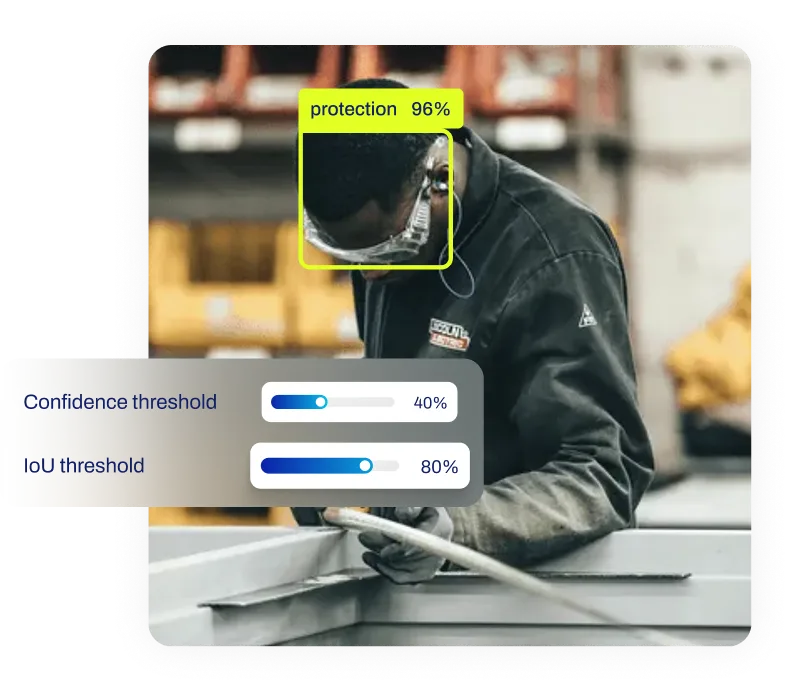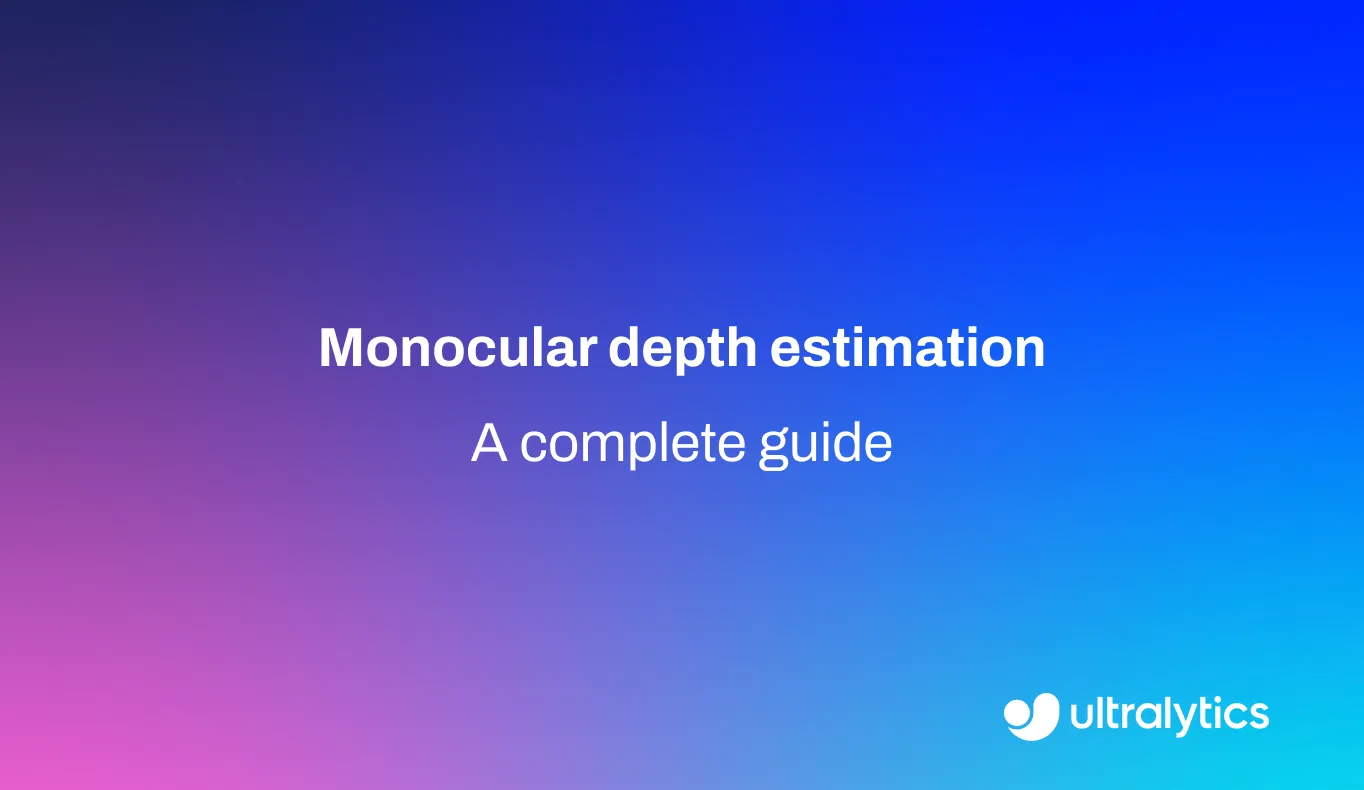Data Privacy
Learn how data privacy protects personal info in AI. Explore Privacy by Design, real-time anonymization with Ultralytics YOLO26, and ethical ML best practices.
Data privacy encompasses the guidelines, practices, and technical measures used to protect the personal information of
individuals during its collection, processing, and storage. In the context of
Artificial Intelligence (AI) and
Machine Learning (ML), this concept is critical
because modern algorithms often require vast amounts of
training data to achieve high accuracy. Ensuring that
this data does not compromise user confidentiality or violate rights is a foundational requirement for ethical
development. Organizations must navigate a complex landscape of regulations, such as the
General Data Protection Regulation (GDPR) in Europe and the
California Consumer Privacy Act (CCPA) in the United States, to ensure
that their AI systems are compliant and trustworthy.
Core Principles in AI Development
Integrating privacy into the AI lifecycle is often referred to as "Privacy by Design." This approach
influences how engineers handle
data preprocessing and model architecture.
-
Data Minimization: Systems should only collect the specific data points necessary for the defined
task, reducing the risk associated with storing excess
Personally Identifiable Information (PII).
-
Purpose Limitation: Data gathered for a specific application, such as
improving manufacturing efficiency, must not be reused for unrelated analytics without explicit user consent.
-
Anonymization: This technique involves stripping direct identifiers from datasets. Advanced methods
allow researchers to perform data analytics on
aggregated trends without tracing insights back to specific individuals.
-
Transparency: A key pillar of
AI ethics, transparency requires organizations to
clearly communicate how user data is utilized, fostering informed decision-making.
Real-World Applications
Privacy preservation is essential in sectors where sensitive personal data interacts with advanced automation and
computer vision (CV).
Healthcare Diagnostics
In the field of medical image analysis,
hospitals utilize AI to assist radiologists in diagnosing conditions from X-rays and MRIs. However, this imagery is
protected by strict laws like the
Health Insurance Portability and Accountability Act (HIPAA). Before
training a model for tasks like
tumor detection,
patient metadata is scrubbed from DICOM files, allowing researchers to
leverage AI in healthcare without exposing
patient identities.
Smart Cities and Surveillance
Urban planning initiatives increasingly rely on
object detection for
traffic management
and public safety. To balance security with individual anonymity, systems can identify pedestrians and vehicles in
real-time and immediately apply blurring filters to faces and license plates. This ensures that
smart city initiatives respect the
privacy of citizens in public spaces while still aggregating useful traffic flow data.
Technical Implementation: Real-Time Anonymization
A common technical implementation for privacy in computer vision is the redaction of sensitive objects during
inference. The following Python example demonstrates how to use the
Ultralytics YOLO26 model to detect people in an image and
apply a Gaussian blur to the detected regions.
import cv2
from ultralytics import YOLO
# Load the YOLO26 model (latest generation for efficiency)
model = YOLO("yolo26n.pt")
img = cv2.imread("street.jpg")
# Perform detection
results = model(img)
# Blur detected persons (class ID 0)
for box in results[0].boxes.data:
if int(box[5]) == 0: # Class 0 is 'person'
x1, y1, x2, y2 = map(int, box[:4])
# Apply Gaussian blur to the region of interest (ROI)
img[y1:y2, x1:x2] = cv2.GaussianBlur(img[y1:y2, x1:x2], (51, 51), 0)
Distinguishing Data Privacy from Related Terms
While often discussed together, it is important to distinguish data privacy from similar concepts in the
Machine Learning Operations (MLOps)
landscape.
-
Data Privacy vs. Data Security:
Privacy refers to the rights and policies governing who is authorized to access data and for what purpose.
Security refers to the technical mechanisms (like encryption and firewalls) used to protect that data from
unauthorized access or adversarial attacks.
Security is a tool to achieve privacy.
-
Data Privacy vs.
Differential Privacy:
Data privacy is the broad goal. Differential privacy is a specific mathematical definition and technique
that adds statistical noise to a dataset. This ensures that the output of an algorithm cannot reveal whether any
specific individual's data was included in the input, a technique often explored by researchers at the
National Institute of Standards and Technology (NIST).
Emerging Technologies
To address growing privacy demands, new methodologies are reshaping how models learn.
-
Federated Learning: This
decentralized approach allows models to train on local devices (like smartphones) and send only the learned
model weights back to a central server, rather than
the raw data itself.
-
Synthetic Data: By generating
artificial datasets that mimic the statistical properties of real-world data, engineers can train robust models
without ever exposing real user information. This helps mitigate
dataset bias and protects user identity.
For teams looking to manage their datasets securely, the
Ultralytics Platform offers tools for annotating, training, and
deploying models while adhering to modern data governance standards.










.webp)